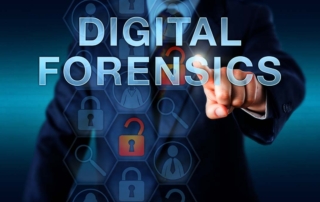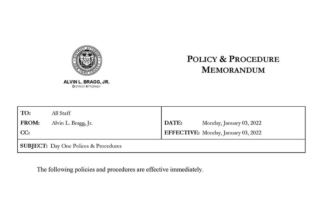What to Look for When Hiring a White-Collar Criminal Defense Attorney
By Laura K. Gasiorowski, Esq. My partner Robert Stahl and I recently met with a potential client who was served with a Grand Jury Subpoena and was concerned about the potential criminal investigation and charges. This client came to the meeting with a detailed list of questions for us, many of which concerned our [...]









